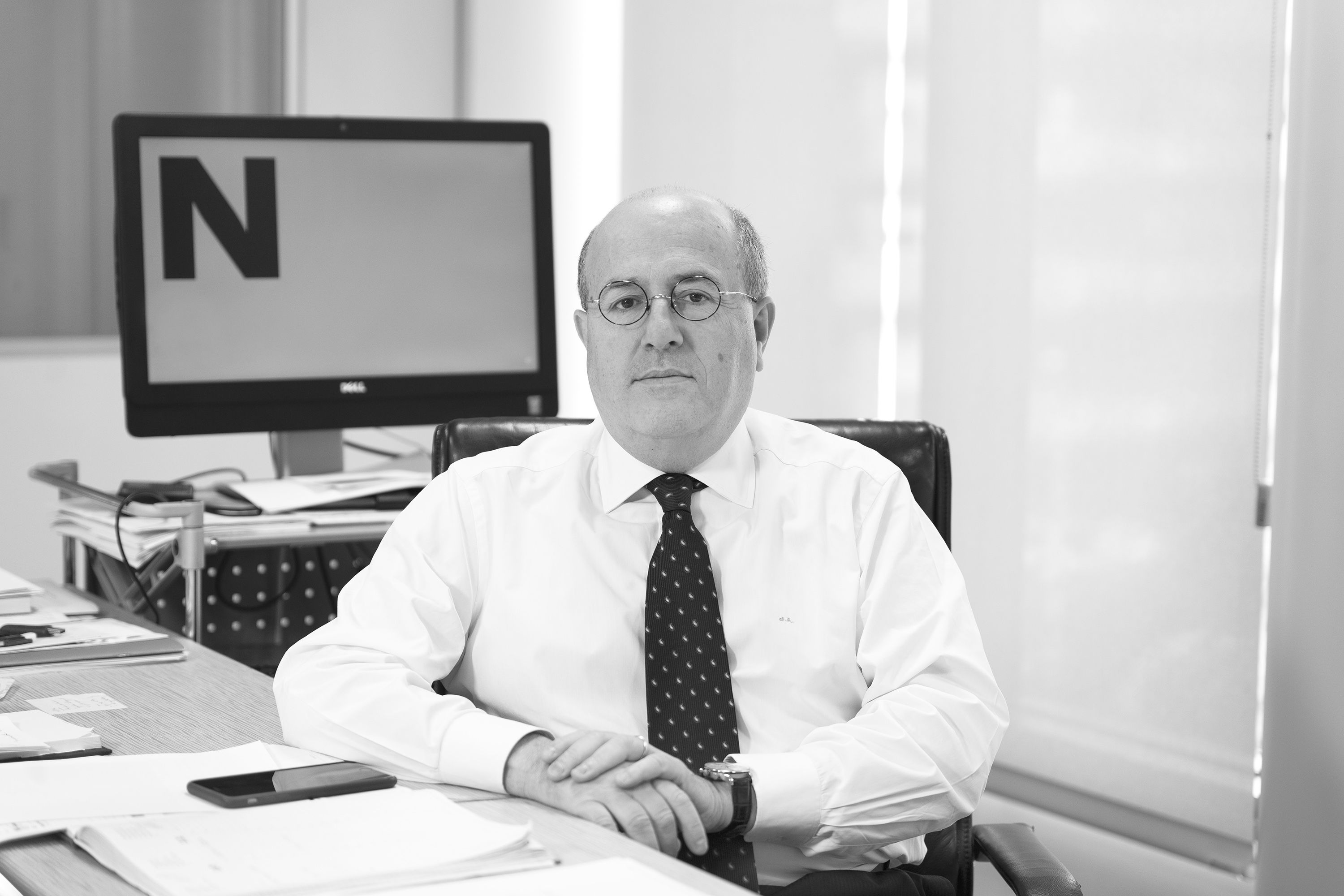The latest six-monthly opinion survey commissioned by the Barcelona City Council could not be clearer: the Catalan capital is in worse shape than when Ada Colau received it from previous mayor Xavier Trias in 2015. Almost 60% of Barcelona residents believe that the state of the city has worsened over the last year, more than 40% believe that city administration is either poor or very poor (the highest percentage since 2015), while the percentage who see municipal management as good or very good has fallen 12 points compared to last June's poll, only reaching 43.4%. In addition, concern about public safety has risen to top position among perceived problems at 21%, when just six months ago it was in sixth place. We have to go back to 2006, during the mandate of Socialist mayor Jordi Hereu, to find a higher percentage - 22% of citizens - concerned about the poor state of law and order.
And all this without mentioning that Colau inherited a Barcelona with healthy coffers and it doesn't seem that that description still applies. Or that the main economic players in the city are very critical of its management and with its loss of economic momentum. This negative balance makes the municipal elections in May much more open than they seemed in midterm.
Colau will have to dispute the first position in the municipal election with, at least, the Republican Left (ERC) and perhaps Ciudadanos (Cs), although the latter's candidacy under Manuel Valls is losing gas in the polls. ERC, with Ernest Maragall as candidate, has serious options of winning, although it obviously doesn't have the same clear prospects of victory as a hypothetical joint candidacy with Carles Puigdemont's political group, something the Republicans have ruled out under every scenario possible. The municipal electoral law, unlike those governing elections at other levels, gives a major advantage to the candidate with the most votes, since to shut out the winner from the mayoralty, an absolute majority must be formed by the losers. The multiplicity of parties in the city council greatly reduces this possibility, and this fragmentation may be increased further if Jordi Graupera, the winner of the recent primary held by the pro-independence ANC group, obtains representation.
In this electoral puzzle, the piece still be put into place is that of the party led by Puigdemont, which will probably stand at the elections under the acronym JxBcn (Together for Barcelona). A long time ago, imprisoned Catalan minister Quim Forn, in pretrial prison in Lledoners, authorized the inclusion of his name among the possible options. Nobody doubts that, if he were released, running for mayor would be the greatest ambition of Forn, who has always been the natural substitute of Xavier Trias, under whom he was deputy mayor.
His current imprisonment would prevent him from campaigning and even from taking possession if he were to win. Hence the need for a number two who would, in fact, be a number one. In all the equations there is one favourite option for this role, current Catalan government minister Elsa Artadi. She has been aware of this situation since the end of summer and since then the issue has become even clearer. A Forn-Artadi ticket would give the municipal candidature an impetus that is currently lacking in all the surveys. Barcelona thus appears as an objective within the reach of many, an unusual situation in the Catalan capital.

